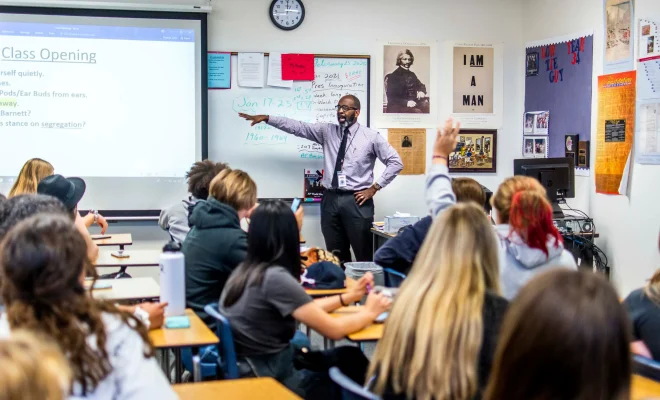Teaching Students About Biofuels

As the world is becoming more environmentally conscious, the importance of alternative energy sources is rising. Biofuels, for instance, have been identified as a sustainable solution to reduce greenhouse gas emissions and dependence on fossil fuels. As a result, teaching students about biofuels has become crucial to prepare them for the future.
Biofuels are renewable fuels produced from biomass, such as plants and animals. The two most common types of biofuels used today are biodiesel and ethanol. Biodiesel is made from vegetable oils or animal fats, while ethanol is produced by fermenting sugars and starches from crops such as corn, sugarcane, and switchgrass.
One of the most significant advantages of biofuels is their low carbon footprint. Biofuels emit fewer greenhouse gases than fossil fuels, making them a more sustainable alternative. Additionally, biofuels can be produced locally, promoting regional economic development and reducing dependence on foreign oil.
Educating students on biofuels can be done through various methods. Classroom activities, such as debates and discussions, can be used to teach students about the advantages and disadvantages of biofuels compared to other fuel sources. Science experiments, such as growing and harvesting their own biofuels from plants, can also demonstrate the science behind biofuels.
Field trips can further enhance students’ understanding of biofuels. Visiting a biofuel facility can help students understand how biofuels are produced and their application in daily life. Additionally, touring an alternative energy research facility can demonstrate current innovations and advancements in biofuel technology.
Teaching students about biofuels is not only about educating them on energy alternatives. It’s also about instilling a sense of responsibility toward the environment. When students understand the impact of their energy consumption on the environment, they are more likely to choose sustainable energy sources and make more environmentally-conscious decisions in their lives.






